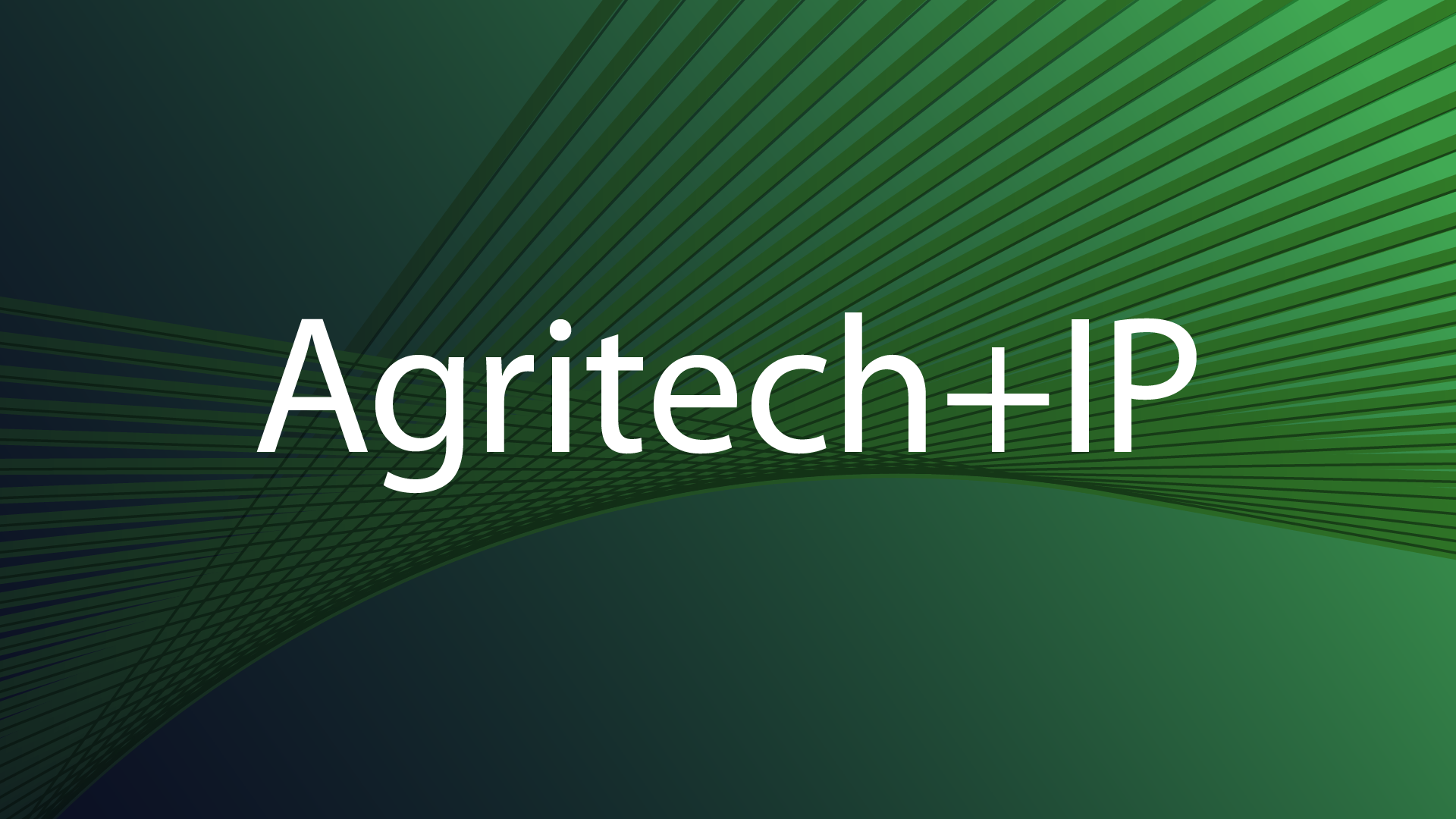News
EPO Board of Appeal decision indicates approach to Core AI Inventions
February 2023
Potential obstacles to obtaining patent protection in Europe for an improvement in a general method for machine learning have been highlighted by a recent decision (T0702/20) from the EPO Board of Appeal.
The decision relates to an application for a novel neural network apparatus having “loose coupling”, based on an error code check matrix, between nodes of the neural network resulting in an initial configuration of the neural network that was argued to speed up training and operation of the apparatus while maintaining discrimination performance.
The differences of the claimed invention over the prior art had been acknowledged during prosecution, but the Examining Division had rejected the Application on the basis that the distinguishing features “do not serve a technical purpose, and they are not related to a specific technical implementation either. They merely pertain to the initial, fixed structural definition of an abstract mathematical neural network-like model”.
During the Appeal, the Applicant provided several arguments as to why the claimed system did indeed serve a technical purpose which were not found persuasive by the Board.
In response, the Board noted that a neural network can, in principle (if difficult in practice), be analysed to replace the inputs to each neuron by mathematical functions implemented by the nodes of the previous layer, and ultimately to obtain a mathematical description that describes the output of the neural network as a function of the input. As such, a neural network can be considered to be a mathematical method, or a software program when the mathematical method is implemented on a computer. On this basis, the Appeal Board found that the invention should be considered in view of the established case law for computer-implemented inventions.
Accordingly, whether the invention can be considered inventive can be decided by focusing on the technical problems it solves.
As the invention was directed towards core AI technology and did not specify any application or use-case for the neural network, but rather claimed an improved AI model, it cannot address any specific automation problem and further does not provide any effects within the computer going beyond the normal execution of software. As such, the claims were found to relate to abstract computer-implemented mathematical operations on unspecified data that did not solve any technical problem.
Diverging Approaches?
The Board’s decision and reasoning appear to be very much in line with the recent guidance on the Examination of AI related inventions from the UK Patent Office. The Patent Office drew a clear distinction between inventions relating to “applied AI”, applying AI techniques to a field other than the field of AI, and “core AI”, relating to an advance in the field of AI itself. Indeed, the guidance includes a scenario relating to a modified neural network structure as an example of a non-patentable core AI invention.
In contrast, the Applicant has had some success in other jurisdictions obtaining granted patents with similar claims at the US, Japanese, and Korean Patent Offices, indicating that core AI inventions may be treated more favourably in those countries.
So Can I Patent My AI Invention?
While the invention, in this case, was held to not have a technical effect and therefore lack inventiveness, the Board also stressed that “there can be no reasonable doubt that neural networks can provide technical tools useful for automating human tasks or solving technical problems”. However, to provide a technical effect, a particular technical task to be addressed by the AI invention should be specified, along with sufficient detail, such as defining the training data, to establish that the neural network is able to solve the technical problem.
It seems clear from this decision that applied AI inventions, often solving a problem in a different technical field through AI techniques, will normally be considered patentable by the EPO. In contrast, inventions relating to core AI algorithms or models, not limited to a specific technical implementation, may be difficult to prosecute in Europe, and skilled drafting and prosecution advice will be needed in order to achieve granted patents for these inventions before the EPO.” If you have an AI invention and are unsure as to how this decision applies to you, contact one of our AI specialists for expert advice on how best to protect your invention.
This article was prepared by HGF Patent Director David Hufton.






























